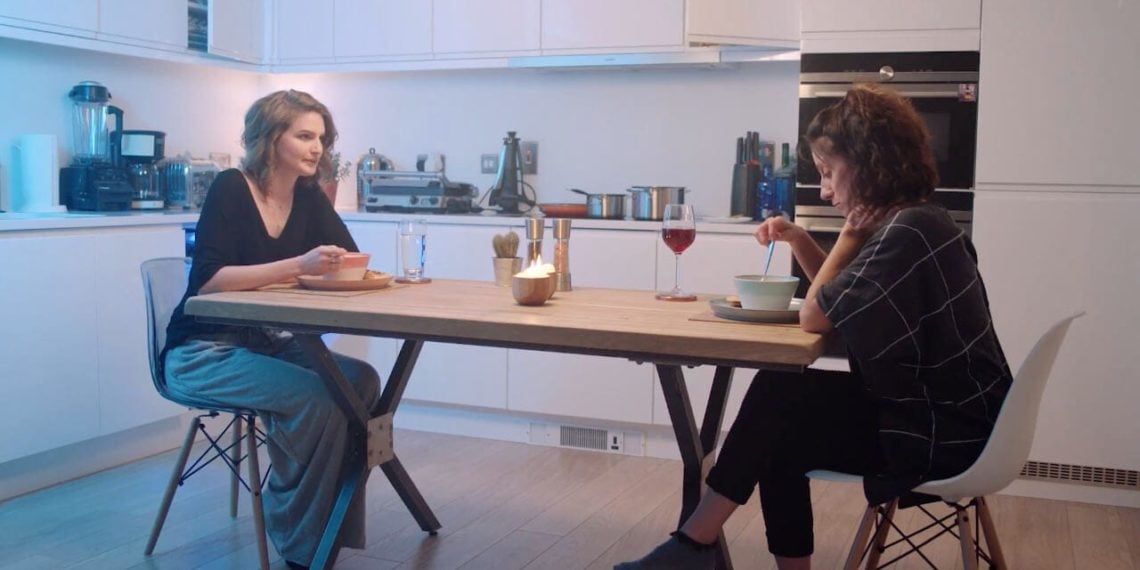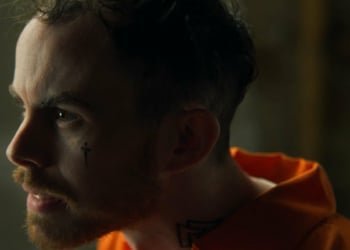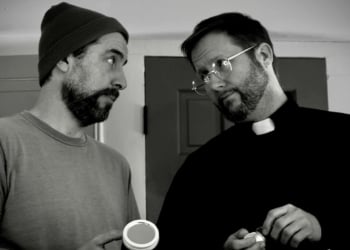Written & directed by Barbara Toschi, ‘Puzzle’ is an intriguing, complex short on mental health & its disorders and how the help we often seek comes from the most unexpected quarters. At 14:58 minutes in length, ‘Puzzle’ revolves around Alice (Lara Gallagher) whose troubled life compels her into seeking help from a psychologist Miriam (Tiffany-Ellen Robinson). As a viewer, you develop ideas of where this is going to go and that’s where Toschi’s brilliant writing blows your mind away! Far from any psychobabble, ‘Puzzle’ explores the human psyche, the layers and complexities of the human mind instead of the problem and that too through the most unexpected medium…
Alice is going through the worst phase of her life, possibly. With a personal relationship in shatters and an office environment that is nothing short of pure terror and a boss (Hellen, played by Abbie Samuel) who seems to have descended straight from hell, there’s nothing going in her favour. She reluctantly reaches out to Miriam, the psychologist. We are made privy to their sessions, we see how distinctly uncomfortable Alice is, to even simply be in the same space as a psychologist let alone open up to her. The nuanced performances of Gallagher and the astounding Robinson is noticeable right from the word go! The sessions between them are regular and we hear them converse, break into awkward silences and indulge in gentle prodding. Miriam is mysterious, calculating in her approach and incredibly patient in letting her patients find their comfort, but there is something menacing about her. Before we can pinpoint to it, we are led to even better twists. ‘Puzzle’ doesn’t revolve around just Alice and Miriam…
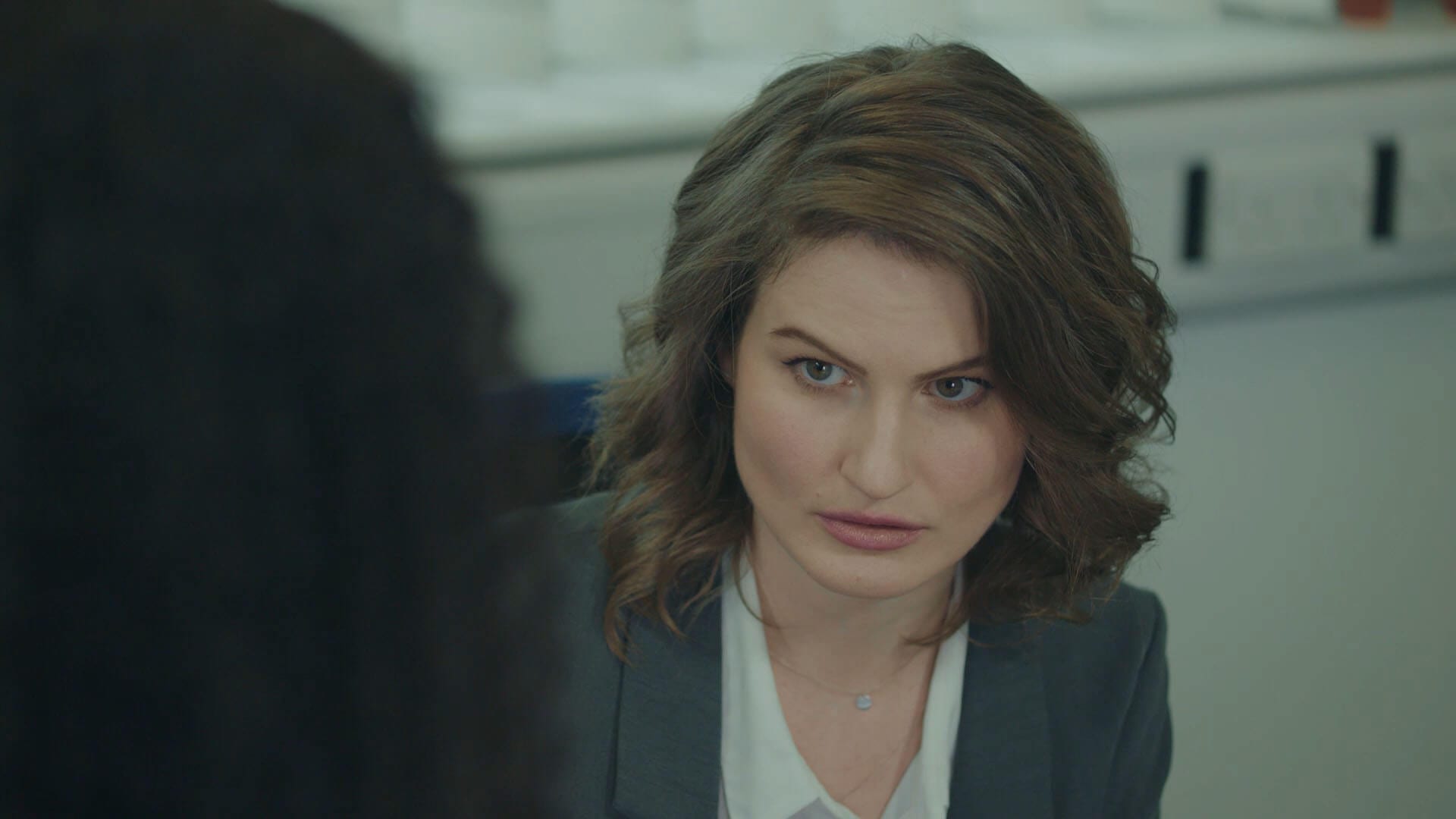 Toschi is ingenious in her character arches and backstories. To add layers to the characters at play, she uses them all to form a web of intricate and complex relations. Just as Alice, there are others in her life, namely her mother, her now ex-boyfriend and the boss who too are patients of Miriam. And, while we see their individual equations with Miriam, we sense the deeper machinations underplay. But, Toschi to her credit manages to hang the suspense in the air until the very end.
Toschi is ingenious in her character arches and backstories. To add layers to the characters at play, she uses them all to form a web of intricate and complex relations. Just as Alice, there are others in her life, namely her mother, her now ex-boyfriend and the boss who too are patients of Miriam. And, while we see their individual equations with Miriam, we sense the deeper machinations underplay. But, Toschi to her credit manages to hang the suspense in the air until the very end.
While the story primarily centres on Alice, equal credit in screen space is given to all characters letting them form an image in your mind. So, when the climax approaches you instinctively feel for them all. This is a complex, heavily layered short that requires more than a singular viewing to appreciate the sheer mental work involved in putting it together. While subtly addressing the issues regarding mental health and its practitioners, Toschi neither downplays it nor exaggerates the issue; she simply lets the narrative unwrap itself organically.
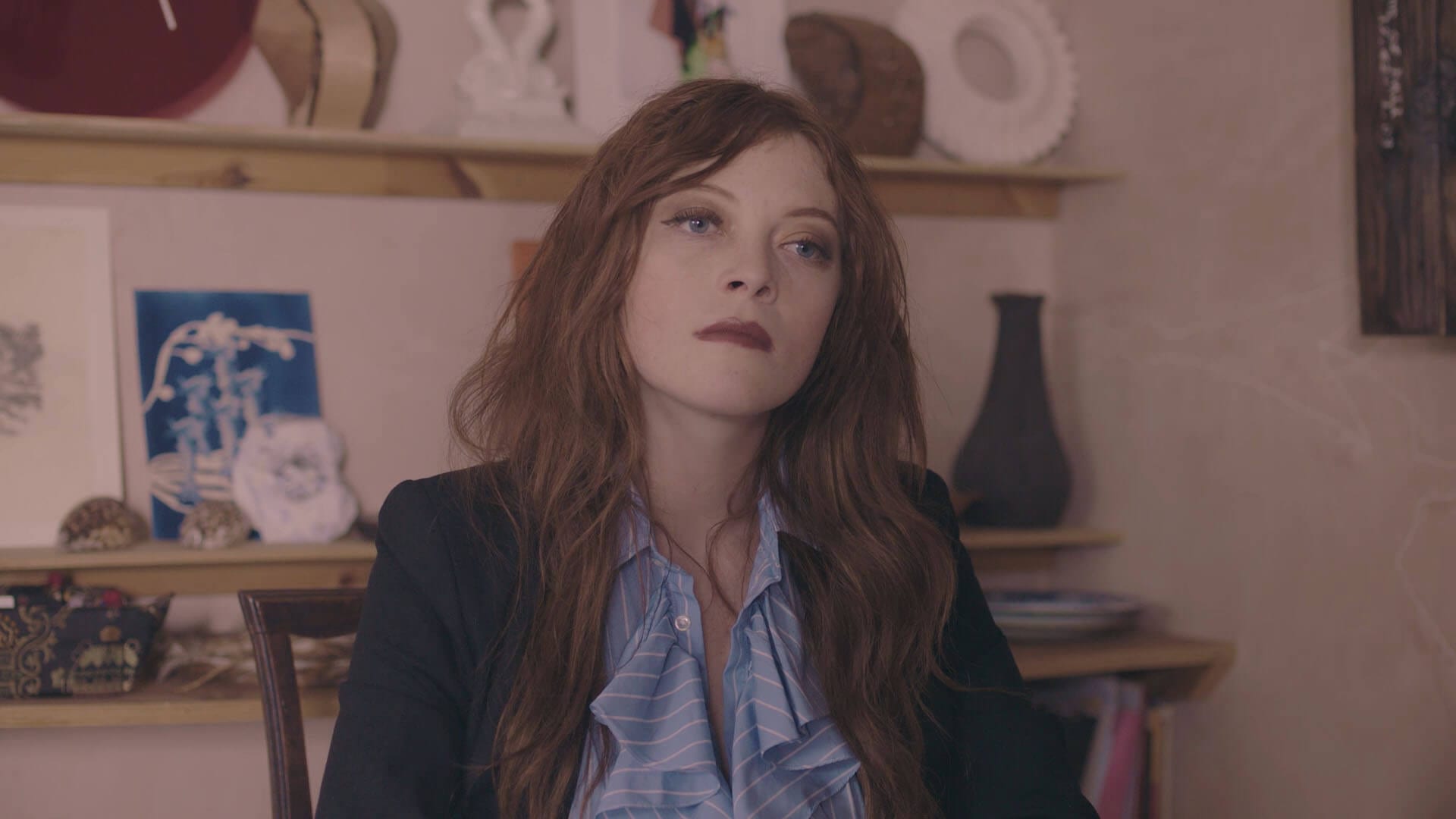 Lachlan Smith’s editing is effective in giving enough room for the characters to appear and disappear at will. The transition shots between the overlapping patients and Miriam in her room are deftly handled. Ed Harris’s music complements the pace of the film and Emily-Jane Robinson’s cinematography adds an engaging note to the direction.
Lachlan Smith’s editing is effective in giving enough room for the characters to appear and disappear at will. The transition shots between the overlapping patients and Miriam in her room are deftly handled. Ed Harris’s music complements the pace of the film and Emily-Jane Robinson’s cinematography adds an engaging note to the direction.
‘Puzzle’ isn’t frivolous. It’s deep; it’s engaging and thought-provoking. Instead of addressing the subject’s problem, we address the subject; and, that’s where the unlocking of this puzzle lies.


